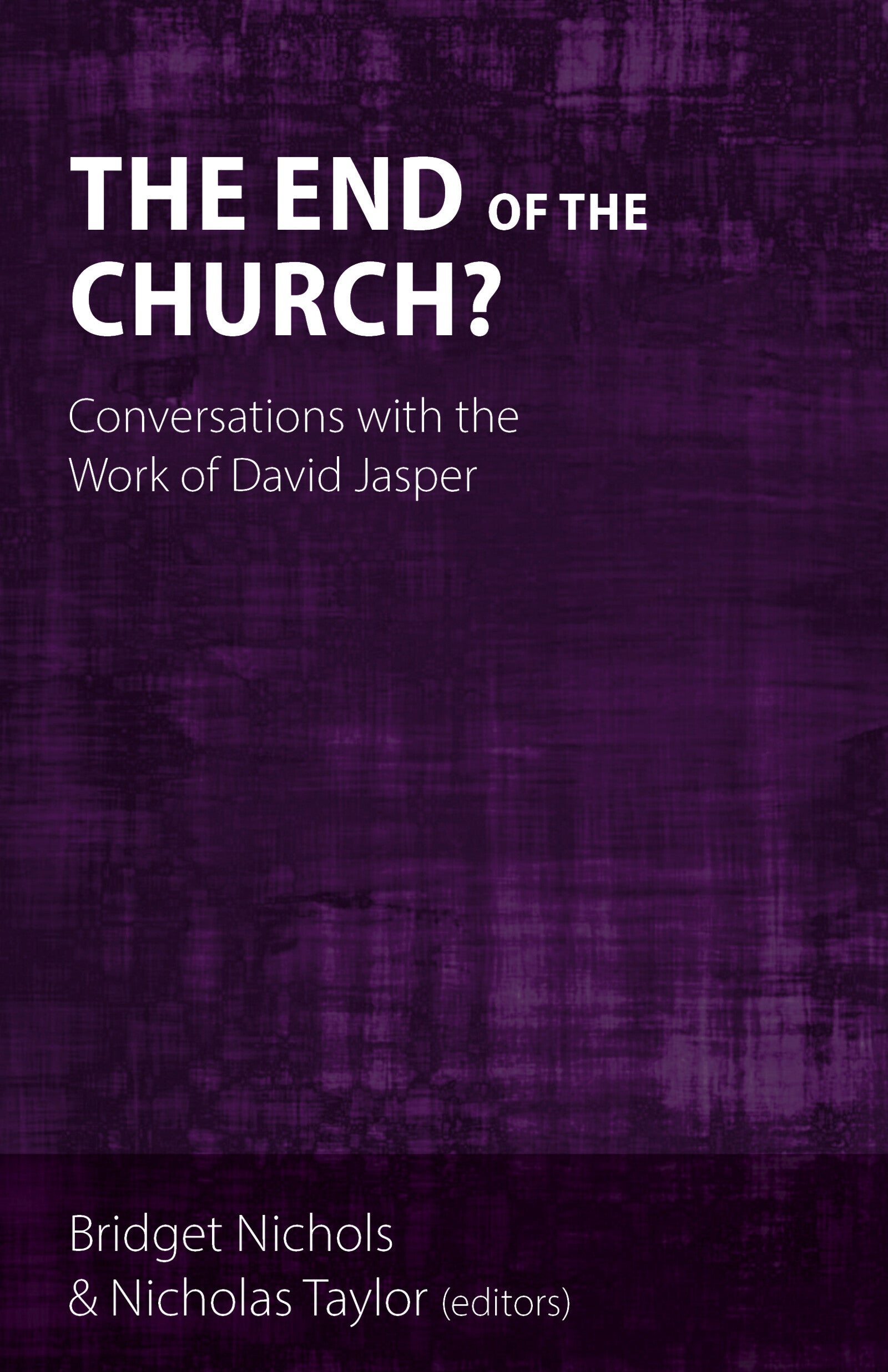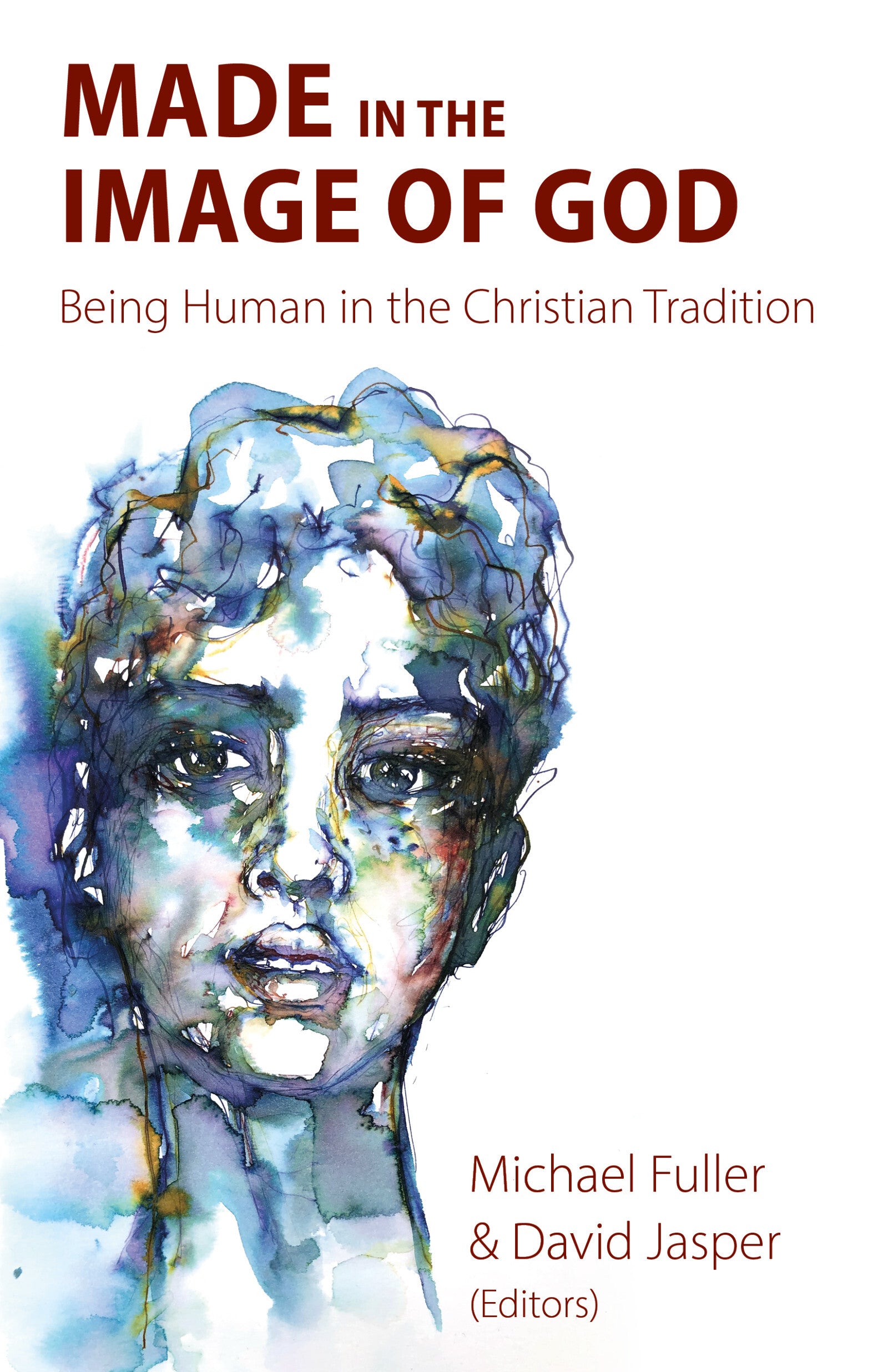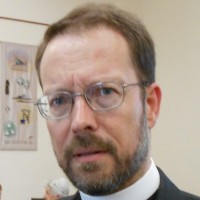Nicholas Taylor is a biblical scholar, an Anglican priest and Honorary Fellow of New College, the School of Divinity in the University of Edinburgh. While Rector of a congregation of the Scottish Episcopal Church, he has taught in its Theological Education Institute and served on its Faith and Order Board as Convener of both the Doctrine and the Liturgy Committees. He has also chaired the Scottish Palestinian Forum and was one of the founders of the Scottish Episcopal Church Group on Palestine. He has also been a Trustee of Sabeel-Kairos UK and Convener of its Theology Group.
He has previously served in Central and Southern Africa, teaching in universities in Eswatini, Zimbabwe and South Africa. Alongside academic posts, he has taught in ministerial training programmes and served as a parish priest and as a school and university chaplain, and as diocesan Canon Theologian. He has on three occasions spent extended periods as Scholar in Residence at the Tantur Ecumenical Institute, overlooking Bethlehem from across the Separation Wall.
Taylor's academic research has been principally in the area of New Testament and Christian Origins, with articles on a variety of topics published in several periodicals. He is a graduate of the Universities of Cape Town, Durham and Oxford. More recently, he has explored the interface between Scripture and the ministry and worship of the Church. His previous books include Paul, Antioch and Jerusalem (1992, 2015), Lay Presidency at the Eucharist? (2009) and Paul on Baptism (2016, 2017).
As well as academic scholarship, he has promoted lay Christian learning, written texts for a lay rather than specialist readership. While in Glasgow he founded the St Aidan’s Lectures series, to which he contributed What can we know about Jesus? (2013). He has given particular attention to the biblical, theological, and historical issues behind the escalating violence in Palestine and Israel, with academic articles including a detailed response to the report, Land of Promise?, published by the Anglican Communion Office. He has also addressed a number of church-related groups on these issues.



